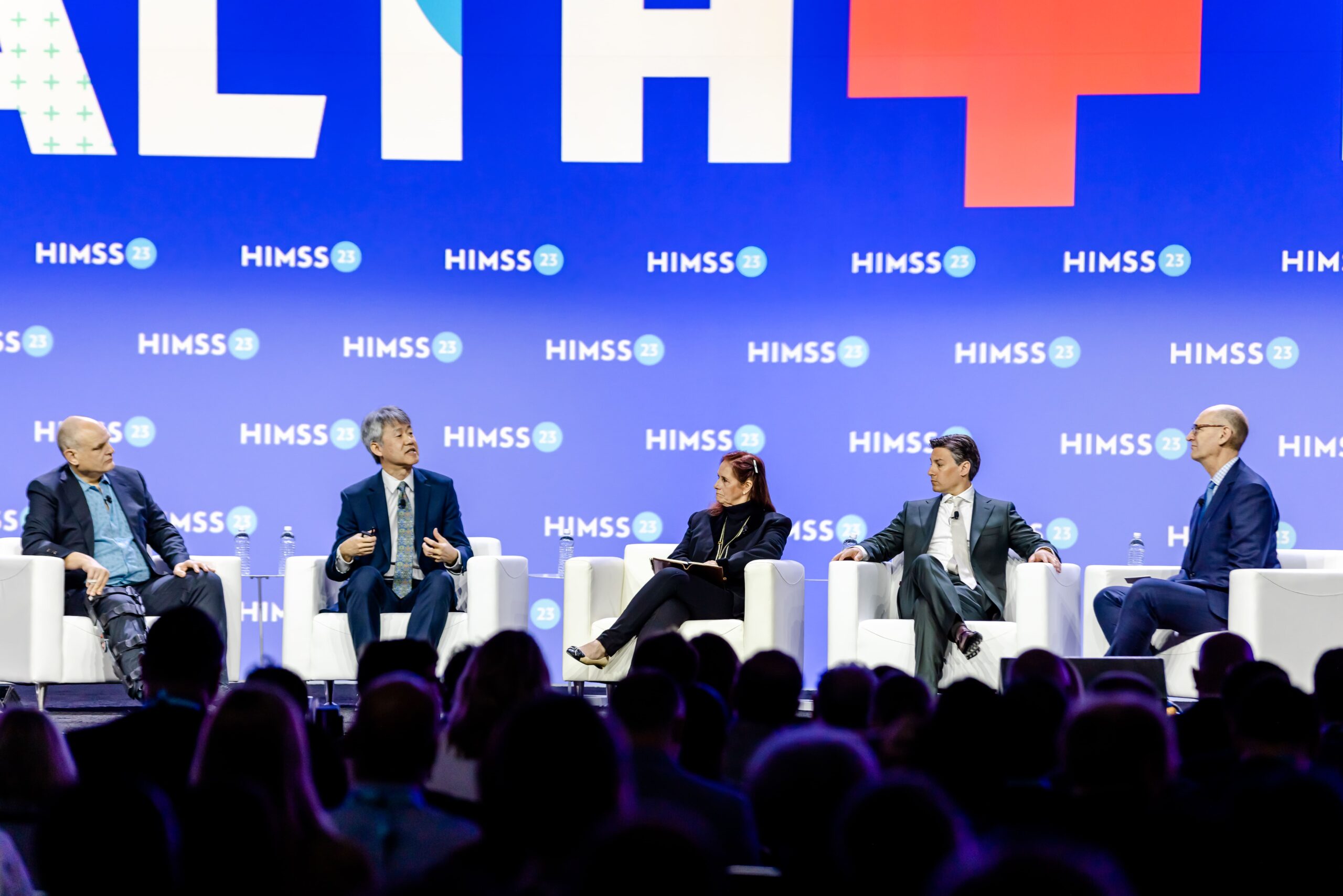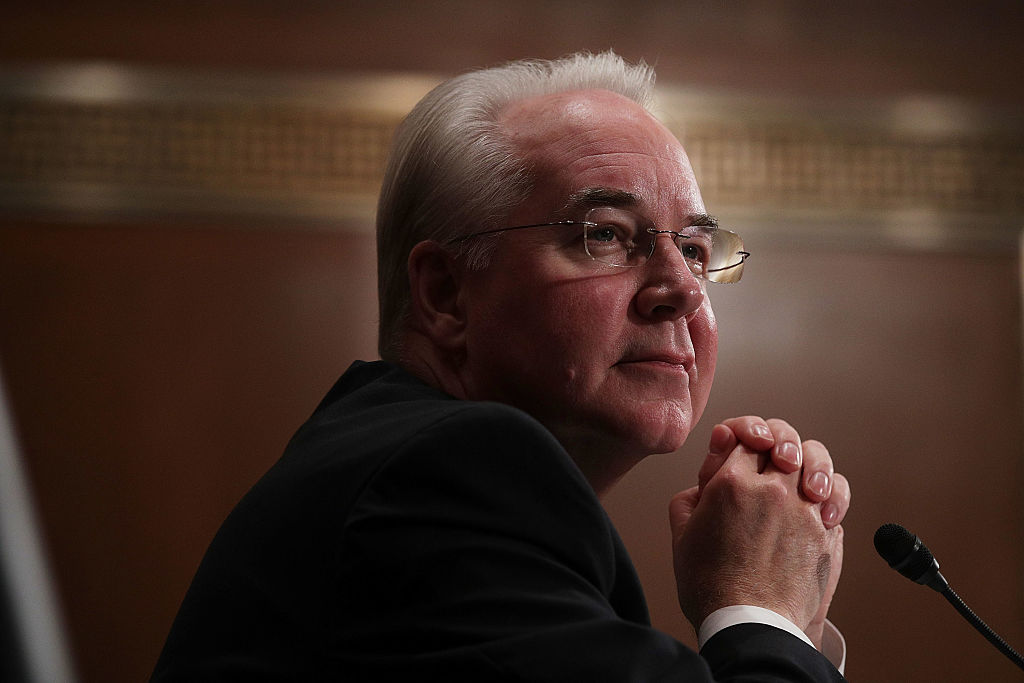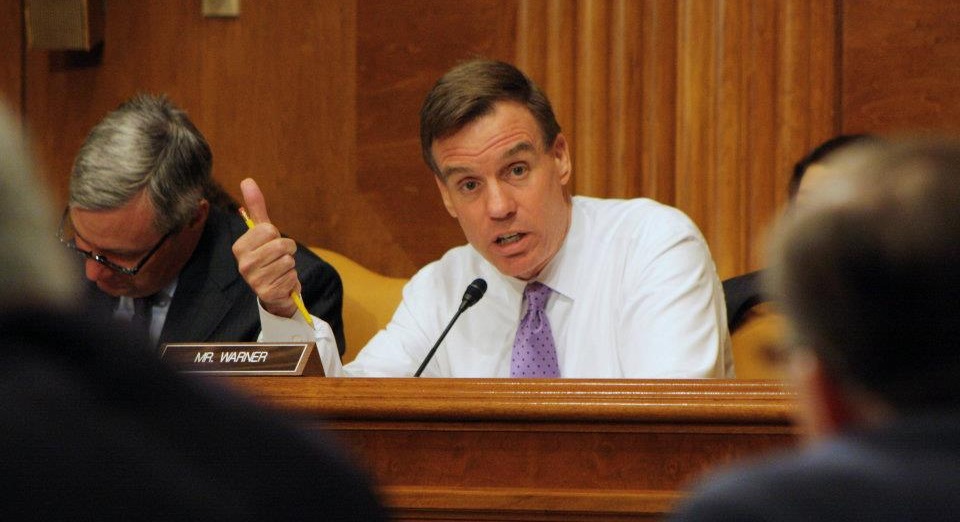
When Inaction Becomes Negligence in the Age of AI
We are on the cusp of being held accountable not just for what we did wrong, but for what we failed to do, especially when readily available, life-saving technology could have made a difference.

We are on the cusp of being held accountable not just for what we did wrong, but for what we failed to do, especially when readily available, life-saving technology could have made a difference.

The challenge is not just to minimize harm, but to make choices that expand human flourishing rather than reduce us to more efficient workers or more predictable consumers.

As AI tools continue to evolve, they promise to empower clinicians and administrators with actionable insights, improve patient outcomes, and create more resilient healthcare systems.

As scrutiny from CMS and the FCC increases, Medicare marketers must rethink how they source, verify, and engage leads. Taking the focus off lead volume and redirecting it to lead quality will help them demonstrate they run an ethical operation.

Clinical trials, real-world data and digital biomarkers are turning artificial intelligence into a practical ally in the fight against depression.

Ethical nutrition care for eating disorder recovery requires compassion, commitment, and a patient-centered focus. Providers must create a supportive environment where every individual feels seen, heard, and valued.

Thomas Senderovitz, senior vice president of data science at Novo Nordisk, challenges conventional notions about AI and the need for humans in the loop.

Navigating the regulatory and ethical requirements of different medical data providers across many different countries, as well as safeguarding patient privacy, is a mammoth task that requires extra resources and expertise.

This responsibility goes beyond mere box-ticking; it requires a deep, introspective examination of our own biases and blind spots and a genuine commitment to putting the well-being of the communities we serve first.

No passing fad, AI in healthcare is here, and it’s already improving the lives of patients, healthcare workers, and researchers. How can we make a good thing even better?

The healthcare sector has been notoriously slow to adopt new technologies in the past, but ChatGPT has already begun to enter the field. Technology experts at the HIMSS conference in Chicago said that while the AI model is certainly exciting, the healthcare sector must establish an accountability framework for it's going to address the risks of new technologies like ChatGPT moving forward.

An action plan shared by the FDA earlier this year showed how the regulator is thinking about future regulations for AI and machine learning in healthcare. But the agency still has several big questions to address as it prepares to roll out new guidance.

Novartis CEO Vas Narasimhan said the data manipulation issue was confined to a disused potency assay for use in mice and predated the company's acquisition of AveXis, while trying to reassure analysts that the disclosure delay was for the sake of completing an internal investigation.

Craig Holman, government affairs lobbyist with Public Citizen, described Price’s volume of stock trades during the SEC inquiry as “brazen,” given the congressman’s access to nonpublic information affecting the companies’ fortunes.

At least six members of the two Senate committees tasked with questioning or confirming Tom Price for HHS secretary hold shares in healthcare companies — such as Merck, Medtronic and Gilead — according to a Kaiser Health News analysis.